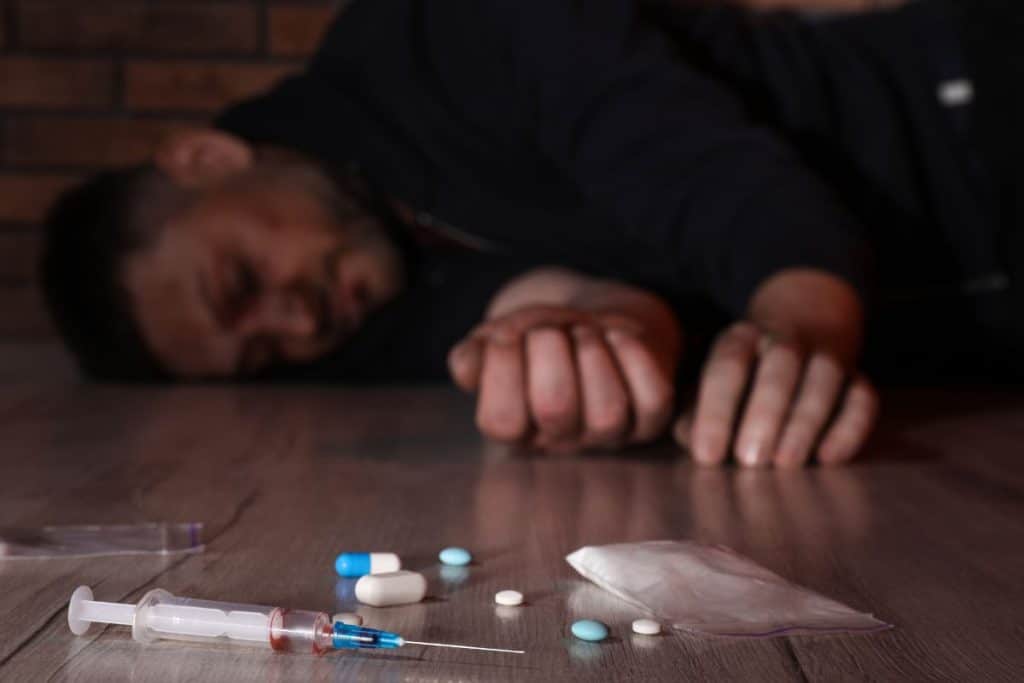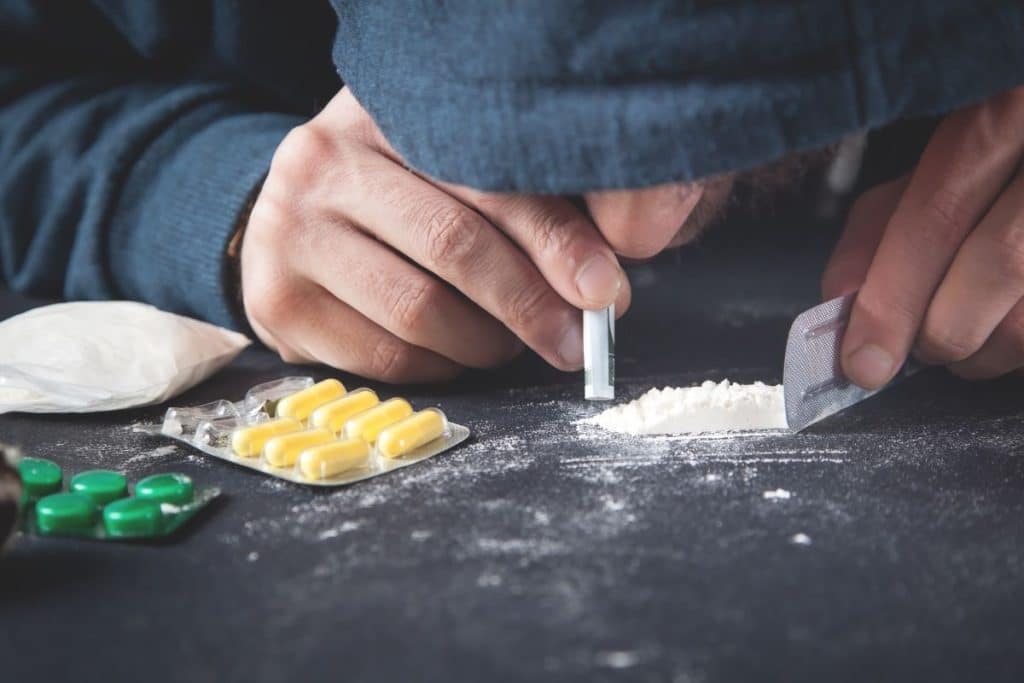Addiction is a complex issue that can manifest in multiple ways. One of the most common issues associated with addiction is cross-tolerance, or an individual’s tolerance for more than one drug at a time. More precisely, it’s when tolerance to one drug produces tolerance to another.
Understanding how cross-tolerance works and recognizing its signs are necessary steps to recovery from addiction. This article will answer the questions: What is cross tolerance and why is it dangerous?
We will explore the different types of cross-tolerance, as well as the potential dangers that come with it. We will also discuss treatment options and how to spot the warning signs before it’s too late.
What Is Cross Tolerance?
Tolerance is the general term for when a person becomes tolerant to the effects of a drug after repeated exposure. In other words, they need to take more and more of the drug to get the same desired effect. This can happen with both legal and illegal drugs, as well as alcohol.
Cross tolerance is when taking one drug creates tolerance in another. For example, developing a tolerance to heroin can also lead to tolerance of other opiates, such as Oxycontin.
There are several reasons why someone might develop a tolerance to certain classes of drugs. One is simply that their body becomes used to the drug and no longer responds to it in the same way. This is called pharmacodynamic tolerance.
Another possibility is that they develop a physical dependence on the drug, meaning their body actually needs it to function properly. Withdrawal symptoms can occur if they try to stop taking the drug suddenly.
Finally, people can also develop behavioral tolerance, which means they no longer get the same pleasure from taking the drug as they did at first.
Cross tolerance can be dangerous because it can lead to addiction. When people are tolerant to a drug, they often take more and more of it in an attempt to get the same high they once did. This can lead to serious health problems, overdose, and even death. It’s important to be aware of the risks of cross tolerance and seek help if you or someone you know is struggling with an addiction.
The Different Types of Cross Tolerance

There are different types of cross tolerance that can occur in addiction. Perhaps the most common type is when a person becomes tolerant to the effects of a certain drug, and then starts using another drug— with a higher concentration of active ingredient— to get the same effect. This can happen with drugs like opiates, where someone who is tolerant to say vicodin may start using heroin to get the same effect.
When this happens, if the drugs are in the same class like opiates, it can produce higher tolerance to all of the drugs.
Another type of cross tolerance can occur when someone uses multiple drugs at the same time. This can lead to a person becoming tolerant to the effects of all of the drugs, and needing higher doses to get the same effect.
Cross tolerance can also be observed in legal prescription drugs as well. Some drugs such as antipsychotic medications work on the brain in the same way, so tolerance to one translates to tolerance in another.
The Causes Of Cross Tolerance
There are several causes of cross tolerance in addiction, including the following:
- The body becoming used to the presence of a substance and needing more of it to achieve the same effect
- Changes in the brain that make it harder to feel the effects of a substance
- Tolerance to one substance of the same type leading to tolerance of other substances of the same type, such as opiates
- Using multiple substances at the same time or in close succession
The effects of cross tolerance can vary depending on the person and the drug. Some people may not notice any change in their tolerance level, while others may find that they need to take more of the drug to feel its effects. In some cases, cross tolerance can lead to withdrawal symptoms when the person stops taking the drug.
Cross tolerance can be dangerous because it increases a person’s risk of overdosing on a drug. Outside of a doctor’s watchful eye, It can be difficult to dose different drugs. If a person takes more of a drug than their body can handle, it can lead to serious health problems or even death.
For example, people who are hooked on prescription pain pills may try heroin. They likely already have tolerance for it because of previous opiate use, but are not aware how much. This can lead to overdose.
How To Overcome Cross Tolerance And Get Help
There are a few ways that people can overcome cross tolerance. With legal drugs like antidepressants, the most important thing is to tell your doctor your entire medical history. With illegal drugs, the most important is getting professional help for their drug addiction.
With the proper professional help, a treatment center like ours can:
- Help you detox from drugs safely, and under the supervision of a medical professional.
- Teach you strategies to stay off all drugs in rehab, with therapy, medication and other activities that will help to keep you sober.
- Support you in your lasting recovery out in the greater world.
Get Help For Cross Tolerant Addictions Today— It’s Never Too Late
Cross tolerance is an important factor to consider when addressing addiction. Those with a history of addiction may be more resistant to the effects of certain drugs as they have built up a tolerance to them over time.
Understanding cross-tolerance can help doctors and health professionals better identify which treatments are likely to be successful for patients struggling with substance abuse issues or other types of addictions.
It can also help those suffering from addiction understand why some substances do not seem to affect them in the same way that it does others, allowing them to make more informed decisions about their recovery journey.
Would you like to talk about your addiction, or the addiction of someone you know? Call us at (800) 338-5770.




